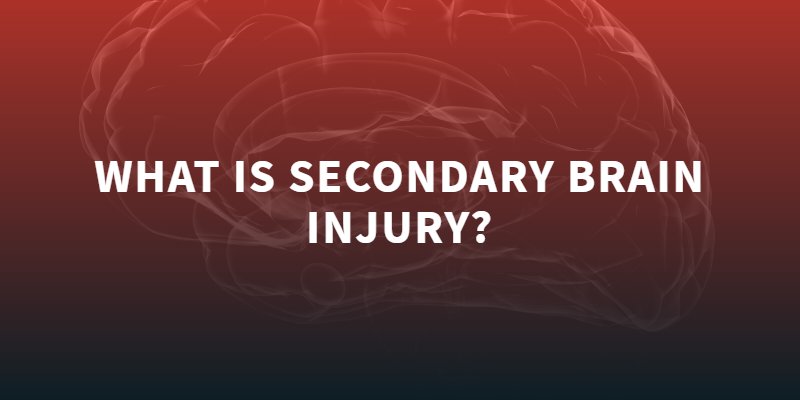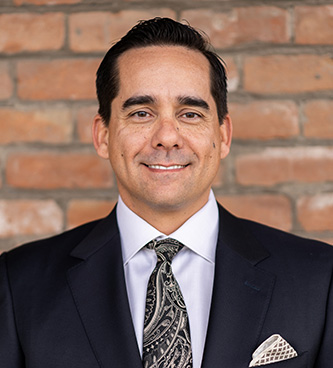
Brain injuries can be devastating for victims. However, properly understanding the different types of brain injuries can be confusing. Our Phoenix personal injury lawyers will often hear these injuries referred to as “primary brain injuries” and “secondary brain injuries.” Most people are familiar with primary brain injuries, as these occur during an initial incident that results in the displacement of the physical structures inside the brain. Secondary brain injuries are not actually caused by the mechanical incident – they happen afterward, and in some cases, happen independently of any primary incident. Here, our Phoenix brain injury lawyers want to define what a secondary brain injury is as well as what types of treatment are available for these injuries.
A secondary brain injury is usually an indirect result of a primary cause of a brain injury. This type of injury occurs as a result of the processes initiated by an initial trauma to the brain. Secondary brain injuries can occur hours or even days following the primary injury, and these injuries are often the primary cause of brain damage or death that results from a primary brain injury.
Most people do understand that trauma to the brain can worsen over time, and it is not uncommon for those who sustain a traumatic brain injury not show any improvement. This is the result of a secondary injury, which actually damages the neurons that were unharmed as a result of the primary injury.
In addition to secondary brain injuries resulting from a primary trauma, these injuries can also occur independently of any external incident. For example, the following issues can all cause secondary brain injuries:
In general, we will find that physicians are better able to prevent secondary brain injuries than they are primary brain injuries. That is because primary injuries occur at the moment a trauma happens, and the incident is over with rapidly. Because secondary brain injuries occur over longer periods of time, these types of injuries will likely benefit from medical intervention. When physicians are aware that a secondary brain injury is likely, they can initiate various types of oxygen or drug therapy or even perform surgeries in order to halt or mitigate a patient’s deterioration. Much of the care surrounding brain injuries actually involves the treatment and prevention of secondary brain injuries.
If you or somebody you love has sustained a brain injury caused by the careless or negligent actions of another individual, you should speak to an attorney as soon as possible. The effects of a primary and secondary brain injury can be devastating and last a lifetime. The costs to brain injury victims and their families can be enormous, and it is crucial that at-fault parties pay compensation to those that were harmed. An attorney can use their resources and legal expertise to fully investigate the brain injury incident and help victims secure the compensation they need.

John Torgenson is a highly experienced personal injury lawyer with over 20 years of practice in Arizona. He earned his Bachelor’s degree from the University of Utah and his Juris Doctor from Notre Dame. John has a proven track record of securing substantial verdicts and settlements, including an $8.25 million recovery for a gunshot injury victim. His expertise has earned him AVVO ratings and recognition as a Super Lawyer.
John is also a sought-after lecturer on personal injury law, sharing his extensive knowledge with peers and aspiring attorneys. Beyond his legal practice, John is an avid golfer and actively supports organizations like the Military Assistance Mission, Arizona School for the Arts, Page Balloon Regatta, University of Arizona Foundation, Junior Achievement of Arizona, and the Tim Huff Pro Bono Golf Classic.
Passionate about advocating for injury victims, John dedicates his career to battling insurance companies and corporate interests, ensuring that the rights of those who are hurt are vigorously defended.
